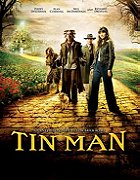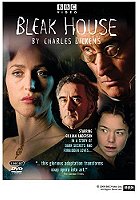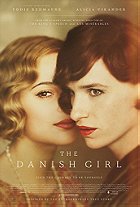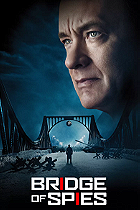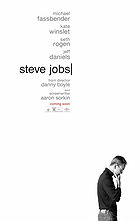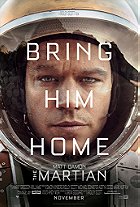The Avengers: Earth’s Mightiest Heroes is the animated property that Marvel fans have long been hoping for. Directly adapting numerous issues from the early days of Avengers lore, this series finds the right balance super heroic action-adventure shenanigans and quiet character development. Naturally, it only lasted a measly two seasons before being shuffled off for a new series that rips from the MCU for inspiration.
Bright and colorful, Earth’s Mightiest Heroes begins with the original five from the comic book: Iron Man, Hulk, Thor, Ant-Man and Wasp. After assembling that team, it quickly adopts new members in Hawkeye, Captain America, Black Panther, in a slow burn across the first season. During the second, we see Ms. Marvel emerge after her origin being teased in season one, Vision, tied to Ultron in a reoccurring second season story, and a second Ant-Man.
If there’s any problem with that main group, it’s a distinct lack of diversity. Cameo and repeating supporting players like Iron Fist and Luke Cage provide more colorful personalities and mix-up the hegemony. The series also has a lack of meaty female players, with Wasp and Ms. Marvel being the beginning and end, with Abigail Brand and a few others getting the short end. Maria Hill is particularly wasted, a character rich for emotional development, she’s too one note throughout. Black Widow gets some play, but much like the films she never gets her defining moment, always performing tasks for Nick Fury and S.H.I.E.L.D.
But where the series excels is in playing with the many strange locations and stories hidden with the Marvel universe. Sure, we get to play in Asgard, but we also get to see the Skrulls, Kree, Wakanda, S.W.O.R.D., the Negative Zone, and practically everything else that Disney/Marvel can throw in without having to give Fox any money for X-Men related properties. Hell, even the Guardians of the Galaxy show up, with a roster close to the film but with a few added members. It’s charming to see so many cameos and appearances from these beloved entities and locales.
Earth’s Mightiest Heroes sees the Avengers continuity as a giant treasure chest, and they make great use of it. Not every episode will be a winner, but a consistency quickly develops among the episodes, and seeds planted in earlier episodes do eventually bloom. At times it can be frustrating wondering if they’re going to loop back around to those hints, but they always do. I can’t remember any hinted at story that wasn’t given some play within these episodes. And the finale finds the heroes and villains teaming up to take down Galactus, which is a well-known and frequently re-done story in the Marvel universe. It ends with New Avengers material as a possible third season trajectory.
While Marvel may have the live-action market, the animated front has largely been DC’s strongest format. More animated series like this and the playing field would have been evened out. Sadly, Earth’s Mightiest Heroes is something of an outlier in Marvel’s animated series output. But if they can muster up this greatness once, I’m sure that they could do it again.
 Login
Login
 Home
Home 95 Lists
95 Lists 1531 Reviews
1531 Reviews Collections
Collections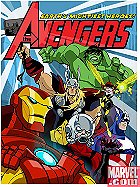
 0 comments,
0 comments, 

